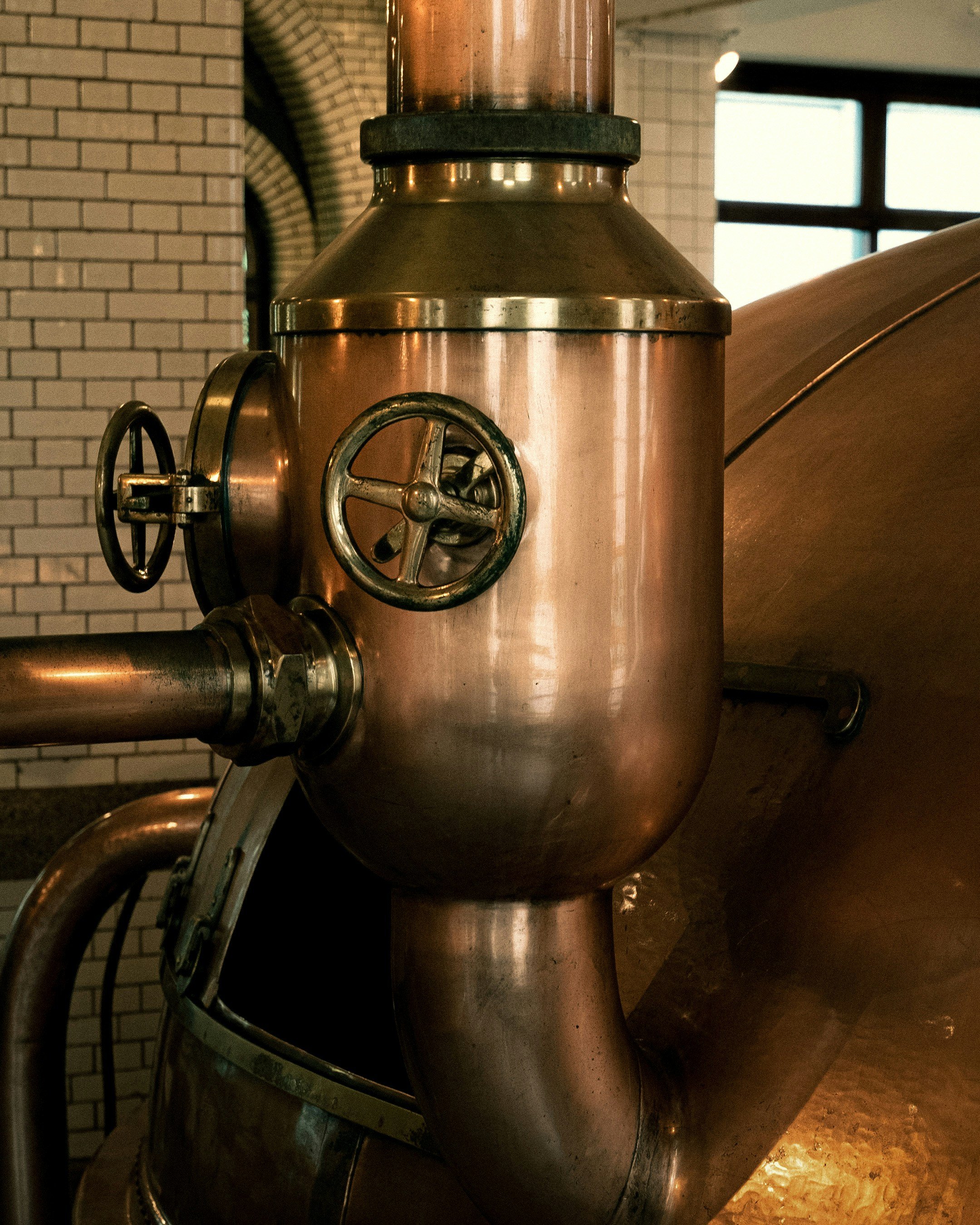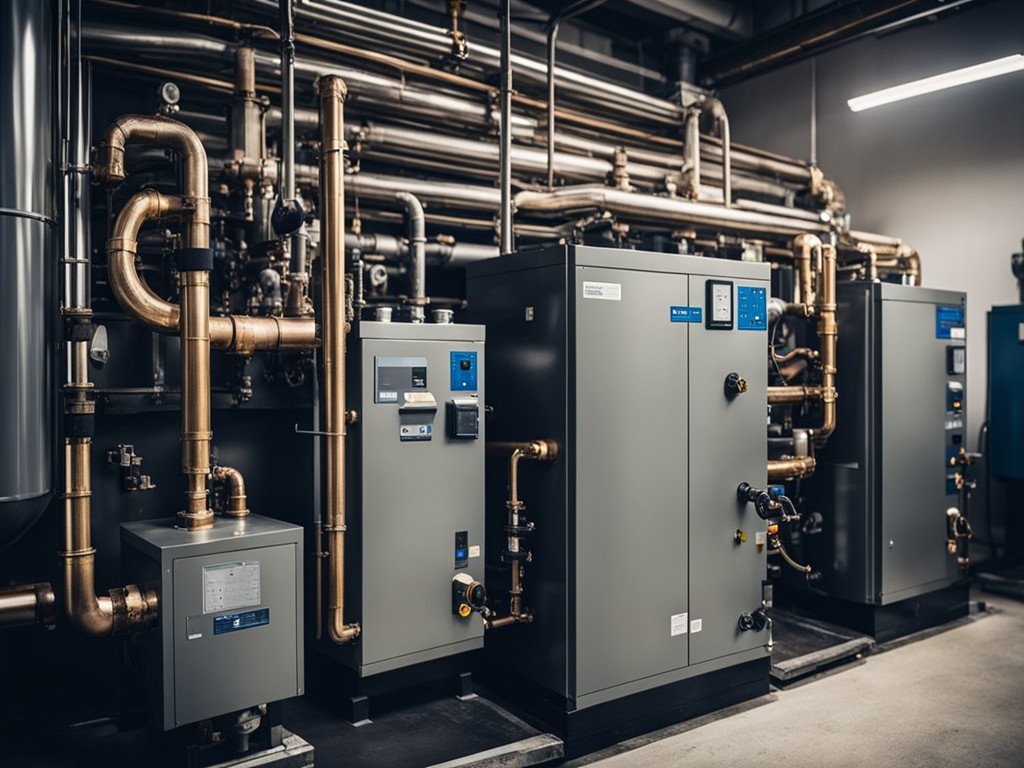Is Your Boiler on Its Last Legs? Here’s How to Tell
Find out if your boiler is on its last legs with this guide, offering key signs to watch for and tips on when to consider a replacement.
When the temperature drops and you rely on your boiler to keep your home cosy, the last thing you want is for it to let you down. Boilers, like any appliance, have a finite lifespan, and spotting the signs that yours might be on its last legs can save you from a chilly surprise. Let’s dive into how you can tell if your boiler is nearing the end of its journey and what you should do about it.
Common Symptoms of a Failing Boiler
Inconsistent Heating: One of the most noticeable signs of a struggling boiler is inconsistent heating. If some rooms in your house are warm while others remain chilly, your boiler might be having trouble distributing heat evenly.
Strange Noises: Boilers are generally quite quiet when they’re running smoothly. If you start hearing unusual noises like banging, clunking, or whistling, it could be a sign of internal issues such as limescale build-up or a failing component.
Leaks and Drips: Water leaks or visible corrosion around your boiler are red flags that shouldn’t be ignored. Leaks can indicate internal damage or a failing seal, and they often lead to more significant problems if left unchecked. If you decide to upgrade your boiler, be sure to visit Mr Central Heating for a good deal.
Rising Energy Bills: A sudden spike in your energy bills can signal that your boiler is working harder than it should be to maintain the same level of heat. An inefficient boiler consumes more energy, which impacts your wallet.
Error Codes: Modern boilers often come with digital displays that show error codes when something’s wrong. If you see persistent or unfamiliar codes, it’s time to investigate further.
Diagnostic Steps You Can Take
Check the Thermostat: Sometimes, the issue isn’t with the boiler itself but with the thermostat. Make sure it’s functioning correctly and set to the desired temperature.
Inspect the Boiler: Take a look at your boiler to check for visible signs of damage or wear. Rust, leaks, or unusual stains can all point to problems.
Listen for Noises: Pay attention to any odd sounds coming from the boiler. If it’s making more noise than usual, there might be something wrong inside.
Monitor Performance: Keep track of how well your boiler maintains temperature. If you notice it struggling to keep your home warm or if it frequently cycles on and off, it might be time to consider replacement.
What a Good Boiler Company Should Offer
Never rush to buy the first boiler you see online. Instead, you want to find a company that’ll support you during the experience. We’re not just talking about supplying the best boiler brands and good prices. We’re also referring to good service and making sure buying this equipment is as pleasant as possible.
So, what should you look out for when it comes to a good boiler company? Here are a few elements you want to see before you make a purchase.
Plenty of Choice
There’s nothing worse than feeling like you’re being backed into a corner with a boiler. In other words, you’re being forced to choose a certain option because there’s nothing else. Instead, you need to find a company that wants to offer you a choice. We’re talking about all of the biggest brands so that you have the freedom to choose the best options for you.
Interest-Free Options
The price of a boiler can be high. Unfortunately, if you were prepared for this type of upgrade, it can burn a hole in your pocket. But, it’s one of these things that can’t wait. You want a company that understands how costly this equipment can be. Then, they’re going to offer you finance options and ones that are interest-free. This allows you to spread out the cost of the boiler and pay in a manageable way. It can make the whole experience more pleasant and you won’t have financial worries.
A Click and Collect Option
If you have a van or a large mode of transport, it can be easier to collect a boiler rather than wait a long time for delivery. Indeed, look for a company that has this option. It can make your life a lot easier, allowing you to progress with your renovations. Often, this is a fast way to secure what you need and in some cases, it can dodge the delivery fees that are often associated with delivery of a large item. Most companies will advertise this service on their website.
Conclusion
Spotting the signs that your boiler is on its last legs can save you from unexpected breakdowns and discomfort. If you notice any of the symptoms mentioned, it might be time to take action. Regular maintenance and timely replacement are key to keeping your home warm and your heating system running smoothly. If in doubt, consult a professional to ensure you’re making the best decision for your home and your wallet.

